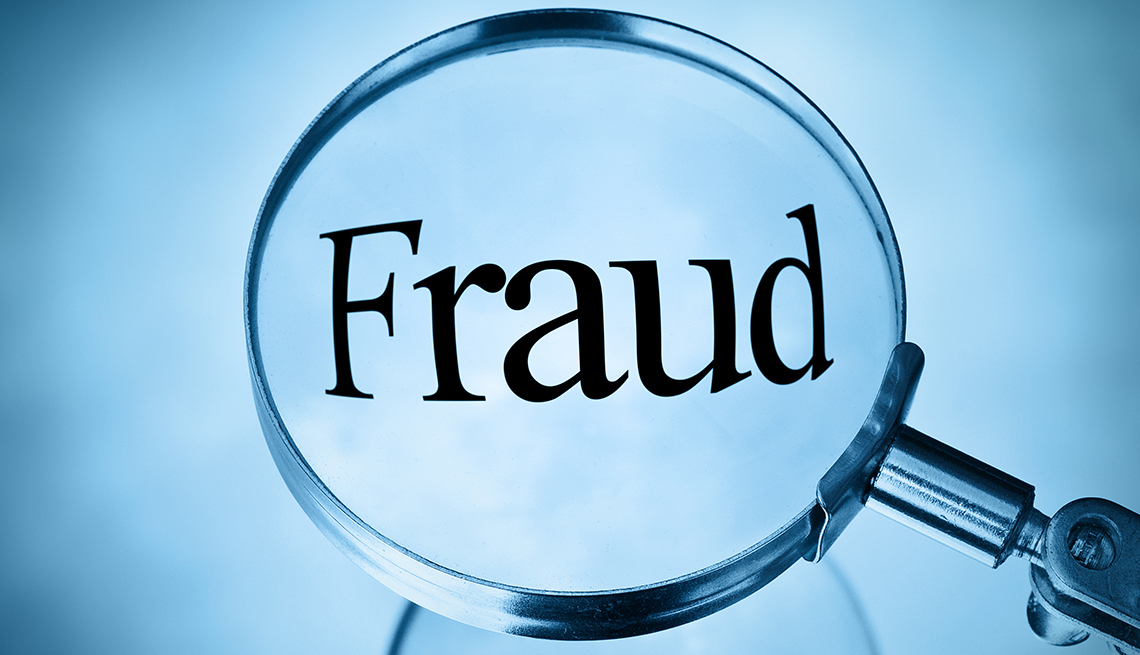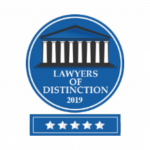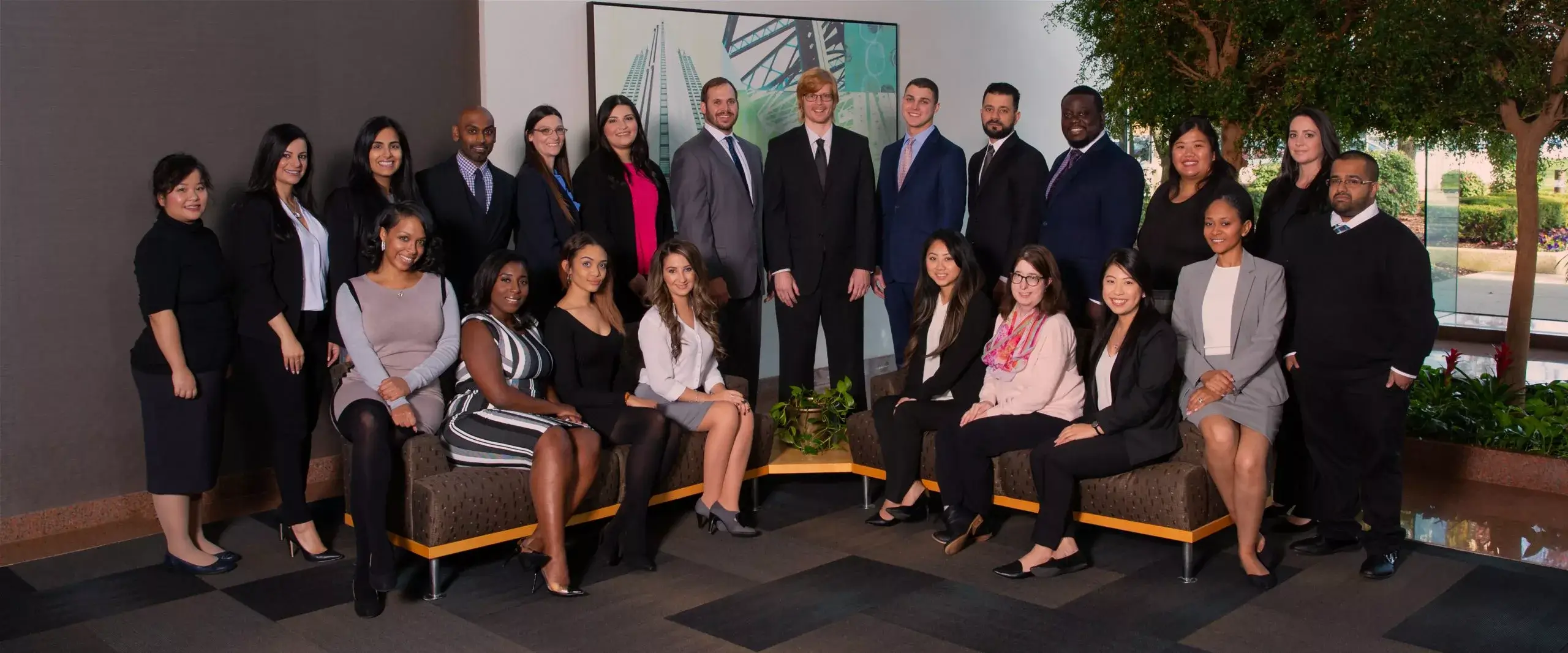HAYDAW V FARM BUREAU
Fraud committed after an insurance cutoff should not lead to a dismissal.
Bahri v IDS: Great for insurance companies. Horrific for everyone else.
In 2014, the Michigan Court of Appeals decided one of the most consequential cases ever relating to the No-Fault Act, Bahri v IDS Property Casualty Insurance Company. The case paved the way for insurers to entirely rescind policies and dismiss cases as a result of perceived fraud. Most significantly, the Bahri decision allowed insurers to deny payment to doctors and medical providers who had nothing to do with the alleged fraud, and typically knew nothing about it.

The Bahri decision sent massive shock-waves through the Michigan No-Fault world. Clients and medical providers suddenly became targets of unfair and disproportionate punishment, often times for trivial acts that insurers would fixate on and embellish. If the injured client made a misrepresentation during a deposition, the insurance company could ask for the ENTIRE case to be dismissed. That means the none of the wage loss would get paid. None of the medical bills would get paid. Lifetime medical benefits would be lost.
It was very common that, as a result of a minor misrepresentation during a deposition, nurses, doctors, and care providers would not get paid for their work. These medical providers, who undertook immense efforts and spend considerable money helping our clients heal, would get regularly get no payment from the insurance companies as a result of a Bahri dismissal. Further, many injured car accident victims lost their lifetime medical benefits due to a simple mistakes.
After Bahri, it became very easy for an insurance company to allege fraud and seek the dismissal of a PIP case. Even an honest mistake on paperwork or in a deposition could lead to rescission of the insurance policy and dismissal of all claims under Bahri. As such, Bahri became a massive impediment to settling cases and getting fair results.
In fact, insurance companies were incentivized to argue fraud on as many cases as possible. What was there to lose? They were emboldened by Bahri. Some defense attorneys would even bait our clients into making a mistake during a deposition with the intent of setting up the case for dismissal. There was no consideration for screwing the doctors and causing the client to lose lifetime medical benefits.
Haydaw fixes the inequity of Bahri

In July of 2020, the Michigan Court of Appeals revisited the ability of insurance companies to make harsh, blanket dismissals based on fraud clauses. In Haydaw v Farm Bureau Insurance Company, the Court essentially reversed much of the Bahri decision and ruled that insurance companies could not rescind a policy (and dismiss a case) based on fraud, if the fraud occurred after the a lawsuit had been filed (after an insurance company had already cutoff a client’s benefits).
In other words, the Court basically held that insurance companies could no longer get cases dismissed based on fraud if the fraud occurred during litigation. The Court reasoned that “fraudulent” statements made during litigation should not be grounds for dismissal because by the time litigation occurs, it is the jury or judge who will rely on the statements made, not the insurance company. It is up to the trier of fact (judge or jury) to determine the plaintiff’s credibility.
Additionally, the Court mentioned that by the time litigation occurs, the parties are opponents and the duty of disclosure is governed by civil procedure and not by the insurance policy. Accordingly, while fraud or misrepresentation prior to the commencement of litigation can be grounds for rescission and dismissal, once litigation has commenced subsequent allegations of fraud cannot grounds for dismissal.
As discussed further below, much of the Court’s rationale was based on the fact that the insurer is the first to breach the insurance policy by not paying benefits. Accordingly, it cannot breach a contract and then seek to rescind it. Importantly, the Court recognized that Bahri provided insurance companies with incentive to bait plaintiffs into making a false statement during depositions. This is a very important acknowledgement by Court, and should provide some comfort for our future clients.
What Does All Of This Mean For Me?
Imagine it’s the day of your deposition, and you did not sleep well last night because you were nervous about the deposition. You were in an auto accident and injured your back. At the deposition, the attorney for the insurance company asks you if you ever experienced back pain before the accident. You forget that you saw a doctor one time, 8-years ago, for back pain and you answer “no.” The defense attorney has records from that one doctor visit.
Under the Bahri holding, the insurance company could argue that you committed fraud by failing to mention your previous back pain. Your case would likely be dismissed, and you would lose your PIP benefits. Additionally, your doctor, therapists, and any others who helped you would not get paid by the insurance company. From that one innocent mistake, you could end up hundreds of thousands of dollars in debt.

Under the Haydaw holding, the above would not be true. The Court most likely would not dismiss your case due to “fraud.” Haydaw prevents these exact scenarios from occurring. Haydaw stops the unfair practice of skillful defense attorneys baiting nervous, forgetful, and naive plaintiffs from making misrepresentations on the record.
It is very rare that we have clients who intentionally try to deceive the insurance companies. We do encounter those clients. If you are lying, your case should be dismissed and you can only blame yourself for the consequences.
Conversely, it is very common for our clients to make inadvertent mistakes and misrepresentations during depositions and throughout litigation. Your case should not be dismissed for these mistakes. You should not be forced into debt because of these mistakes. The Haydaw decision helps prevent such dismissals and levels the playing field for all of our clients.
For the Lawyers: A Legal Analysis of Haydaw
Case Background
In October of 2016, Plaintiff Nael Haydaw sued Defendant Farm Bureau for unpaid PIP benefits stemming for injuries arising out out of a motor vehicle accident. At his deposition, Defendant asked Plaintiff if he had seen doctors for injuries prior to the accident. Plaintiff denied this through an interpreter (English is not his first language) and stated that he had only visited a doctor for the flu. Plaintiff’s medical records, however, conflicted with Plaintiff’s sworn testimony. Plaintiff had, in fact, previously treated for injuries to his back, neck, and shoulders.
Consequently, Farm Bureau moved for summary disposition, arguing that Plaintiff intentionally misrepresented his medical history. Defendant argued that, pursuant to its policy’s fraud provision and the ruling in Bahri v IDS Prop Cas Ins Co, 308 Mich App 420; 864 NW2d 609 (2014), that the court must dismiss Plaintiff’s claims. The Wayne County Circuit Court agreed and granted the summary disposition motion and dismissed Plaintiff’s case.
In his appeal, Plaintiff argued that he does not speak good English and he believed he was accurately answering the deposition questions. Further, Farm Bureau already had Plaintiff’s medical records and so he was not attempting to hide anything. Plaintiff argued that, if there was a misrepresentation on the record, it should be a credibility issue for the trier of fact and a legal issue as to whether fraud was committed.
The Holding: Misrepresentations made during litigation cannot be used to seek rescission or dismissal
The Court of Appeals, moving away from Bahri, agreed with Plaintiff and reversed the trial court’s dismissal. However, the primary rationale was somewhat out of left-field. The appellate court’s decision focused predominantly on when the alleged false statements were made – before litigation commenced or after? The Court of Appeals ultimately held that misrepresentations made after the commencement of litigation cannot be grounds for a policy rescission and dismissal.
The Court of Appeals relied on a 1871 US Supreme Court case, Republic Fire Ins Co of North America v Weides, 81 US 375, 382-383; 20 L Ed 894; 14 Wall 375 (1871), to reiterate and hold that testimony during litigation cannot trigger an insurance policy’s fraud provision. The Court also cited to a Third Circuit opinion from 1957, American Paint Service, Inc v Home Ins Co of New York, 246 F2d 91 (CA 3, 1957) that also supported the reasoning.
First-Breach Rule
Finally, Judge Shapiro ended his decision by noting the “First Breach Rule.” This well-settled common law states that, “if the insurer, by the denial of the claim, was first to breach the contract, it may not defend on the grounds that the plaintiff subsequently failed to adhere to the contract.” Essentially, insurance companies cannot stop paying a No-Fault claim, thereby breaching the No-Fault policy, and then subsequently argue that it can rescind the policy because the insured committed fraud.
Although the First Breach analysis appears to be somewhat of an afterthought in the opinion, it is a potential game-changer if plaintiff attorneys are willing and able to start using this proactively. “You breached first Insurance Company, I no longer have to comply with any of your requests that are outside of the No-Fault Act.” It should be noted that this will not apply to Assigned Claims cases where no policy exists.
Distinguishing Bahri
It is important to note that Haydaw does not overturn Bahri, but rather sets limits to the applicability of Bahri. The Haydaw Court repeatedly distinguished from Bahri by declaring that false statements made during litigation should be treated differently than false statements made pre-litigation: “[S]tatements made during litigation are by their nature incapable of satisfying the elements for voiding a policy on the basis of post-loss fraud.” The Court concluded that there is an intent to deceive the insurer when a false statement is made prior to litigation, but no such intent once litigation commences. “In order to obtain that relief under Bahri, 308 Mich App at 424-425,7 the material misrepresentation must have been made with ‘the intention that the insurer would act upon it.’ Yet an insured’s statements during discovery are made with the intention that the trier of fact, not the insurer, will act on them.”
How dare you?
Finally, one of the absolute best parts of the Haydaw opinion is Judge Shapiro’s stinging rebuke of the fraud-baiting practice by defense attorneys. The opinion unabashedly states “[w]e are also mindful that allowing insurers to void a policy for false statements made during litigation would create a perverse incentive.” Ouch. And thank you Judge Shapiro!









